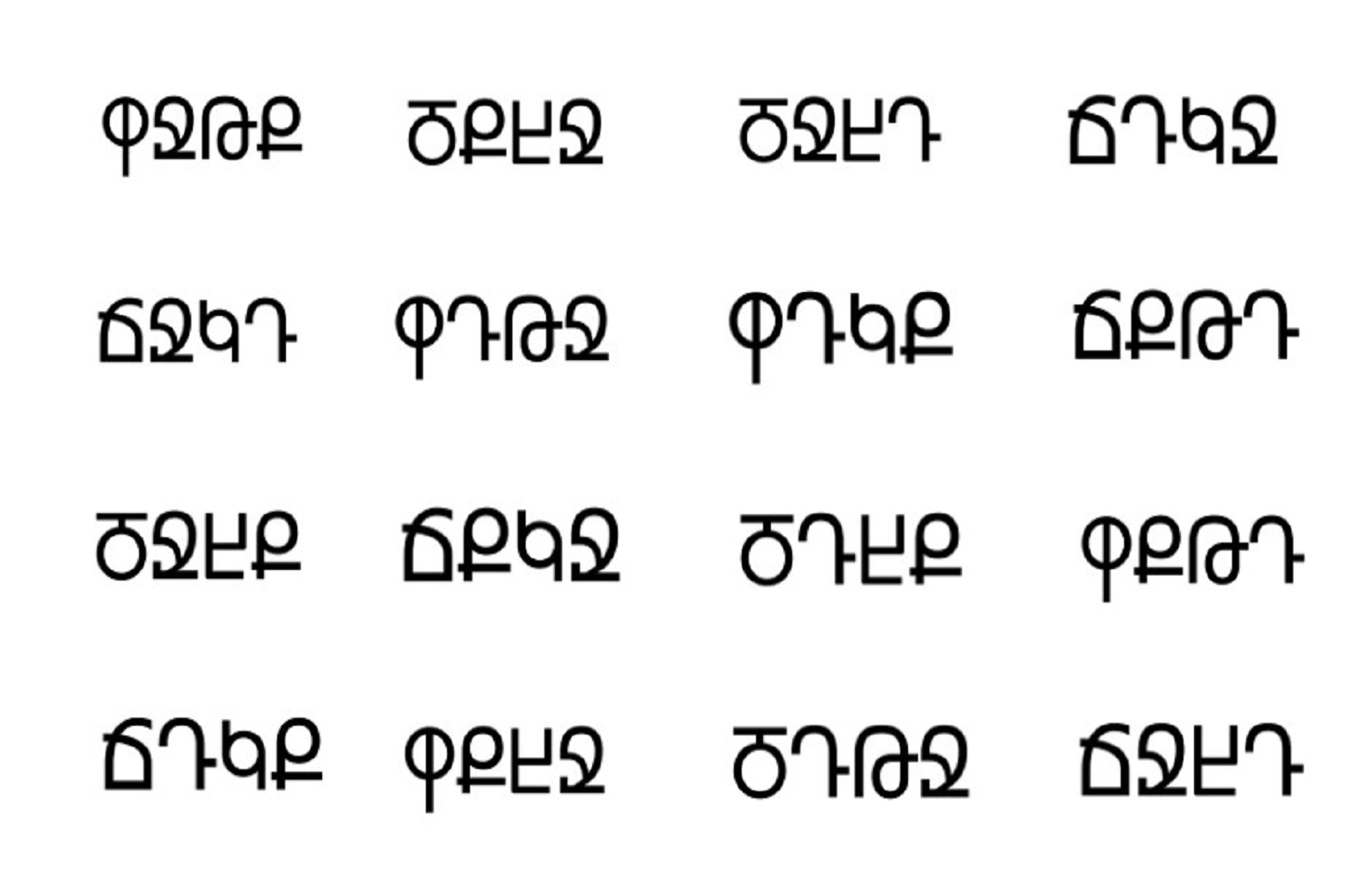The University of the Basque Country (UPV/EHU) researcher Iñigo Murga has conducted a rigorous study into this complex, unknown disorder over a period of 7 years. After assessing the symptoms of each patient, he concluded that “there are different profiles of patients. We managed to clinically characterise all these symptoms, and to form different subgroups in order to establish a very precise assessment protocol for each patient”, explained Murga. Internationally, “the disease is mainly studied as if it had unique characteristics, but we have seen that it is highly diverse”. The paper entitled “Clinical Heterogeneity in ME/CFS. A way to Understand Long COVID-19 Fatigue” covers these aspects and has been published by the journal Frontiers in Psychiatry.
A protocol for studying chronic fatigue syndrome is established in a UPV/EHU PhD thesis
The study, which will serve “as a guide for rapid diagnosis”, provides valuable information for the medical community, in particular in primary care
- Research
First publication date: 20/09/2024

The exhaustive research carried out in the UPV/EHU’s Department of Neurosciences over these years by Iñigo Murga has made this course of action, which can be used as a basis for furthering the study of chronic fatigue syndrome, available to the scientific community. This work also highlights the need to raise awareness of this condition and provides a set of simple tools for early diagnosis in primary care.
Chronic fatigue syndrome is a neurological syndrome (International Classification of Diseases, code 8E49) with repercussions in various organ systems and is highly incapacitating; it reflects a situation of persistent, unexplained fatigue in performing minor physical and mental efforts. It is a complex disorder of unknown origin and drastically reduces the patient's professional, social and domestic activities. It mainly affects women of productive age more than men, although it may also appear in childhood; it also has a socio-health profile of a rare or infrequent disease, with diagnosis taking approximately five years on average.
The study also assessed the functions of the autonomic nervous system (which controls the involuntary actions of the viscera) and determined autoantibody levels in blood to find out the neurological and immune compromise of the disease.
Strong similarity with post-COVID-19 syndrome
Iñigo Murga stressed the importance of making the social problem of chronic fatigue syndrome visible: “In addition to the high levels of functional limitations of the patients, once the diagnosis has been made, many individuals find it difficult to have it monitored and their employment rights recognised. Likewise, given its complexity, the Basque public health system lacks Specialised Units and has to go to Catalonia.
Murga stressed that nowadays “the condition has become particularly important due to its strong similarity with post-COVID-19 syndrome”. However, he stressed the need to conduct research in order to “determine whether we are dealing with different or truly identical conditions”.
The researcher believes that “knowledge needs to be furthered from the university and bio-health sphere. We currently have sufficient experience in this disease for the UPV/EHU and the Basque Country to become a leading international reference. With this work we have already planted the seed”, said Murga.
Additional information
The PhD thesis entitled Identificación y caracterización de subgrupos clínicos en el Síndrome de Fatiga Crónica/Encefalomielitis Miálgica. Propuesta de un protocolo para su studio. (Identification and characterisation of clinical subgroups in Chronic Fatigue Syndrome/Myalgic Encephalomyelitis. Proposal for a protocol for its study) was written up by Iñigo Murga-Gandasegui and supervised by Dr José-Vicente Lafuente (professor of the Department of Neurociencies) and Dr Juan Carlos Gómez-Esteban (neurologist at University Hospital Cruces); it has received the Outstanding PhD Award (2023/2024) within the framework of the PhD programme in Neuroscience (UPV/EHU).
The study was conducted in collaboration with the Neurotek Dysautonomia Unit of the San Juan de Dios Hospital (Santurtzi) and the Gangoiti Foundation (Bilbao).




